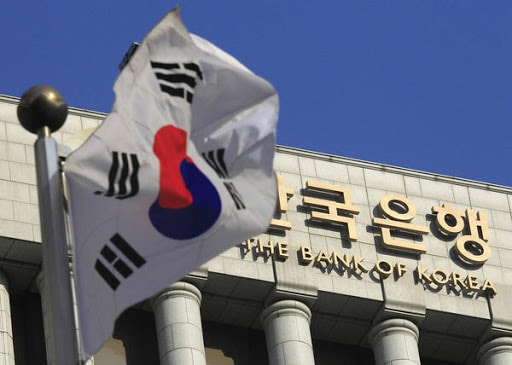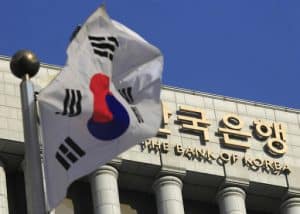Join Our Telegram channel to stay up to date on breaking news coverage
South Korea has been having some significant issues with its crypto tax laws for months now. With exchanges still delinquent in their enforcement, a new development gives them some breathing room. The South Korean National Assembly plans to delay implementing new tax rules on cryptocurrency gains by three months, local news source DongA reports.
Taking it Easy on Exchanges
As the news source explained, the new development comes on the back of significant lobbying from industry insiders. Success means that the new tax rules, which aim to levy a 20 percent tax on crypto gains after a threshold, won’t be enforced until January 1, 2022.
The tax laws were first announced in July. After a Tax Development Review Committee meeting on July 22, the Ministry of Economy and Finance published the tax code, explaining that crypto trading will get a 20 percent tax on gains.
Under the new framework, the government plans to tax gains from virtual currency and intangible asset trades.
The taxes, calculated annually, will be levied on profits above 2.5 million won (about $2,000) per year. It is the same tax rate for most other capital gains and taxable income in South Korea.
The rules also provide adequate guidance for calculating income gotten from crypto trading. It confirms that the government plans to tax foreign corporations and nationals that trade on South Korean exchanges, and the exchanges themselves will be responsible for deducting these taxes from transaction gains before remitting them to the customs office.
The country’s parliament had initially set the rules to be implemented on October 1, 2021. However, the Korean Blockchain Association (KBA) immediately hit out against it.
Per a report from news 1 Korea, the KBA asked regulators to postpone implementing the new tax laws to at least January 2023.
As the association explained, the existing tax regulations would cease to apply on September 30, 2021. This means that exchanges would have too short a window to implement a new tax regime, which should ideally be in force from the next day.
Although the government failed to give the 15-month extension the KBA wanted, three months should be enough for exchanges to fall in line.
Possible Privacy Violations
Beyond the issue of taxation, it appears that the new laws also have some privacy implications. In September, Digital Today reported that legal experts were confused about the consequences of the government’s new anti-money laundering (AML) and know-your-customer (JYC) verification policies.
The South Korean government passed the Enforcement Decree of the Special Payment Act in 2018. Set to come into effect next year, the law requires “virtual asset services providers” to confirm their customers’ real names by cross-referencing them with existing data like social security numbers.
As Digital Today explained, the law seems to contradict the Personal Information Protection Act, which restricts local companies from requesting social security numbers. While the measure covers financial institutions, they can ask the detail under exceptional circumstances.
Join Our Telegram channel to stay up to date on breaking news coverage


